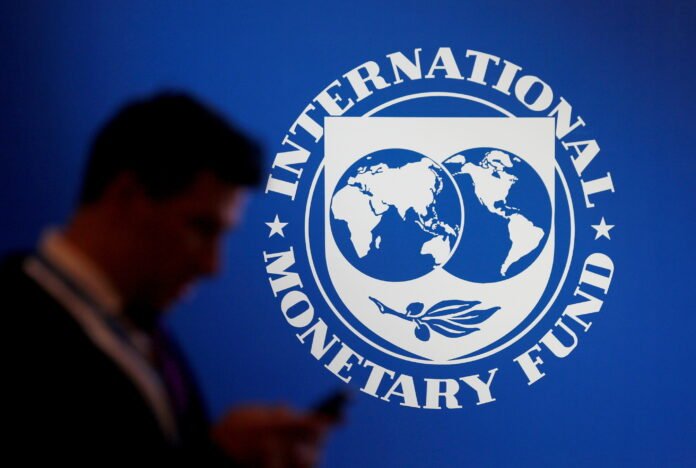Staff Reporter
The International Monetary Fund (IMF) is set to forecast steady global growth and ongoing disinflation in its updated World Economic Outlook, scheduled for release on January 17, according to IMF Managing Director Kristalina Georgieva, who spoke to reporters on Friday.
Georgieva noted that the U.S. economy is performing “quite a bit better” than anticipated. However, she highlighted significant uncertainty surrounding the trade policies of President-elect Donald Trump, which could pose challenges for the global economy and contribute to rising long-term interest rates.
With inflation nearing the U.S. Federal Reserve’s target and labor market data indicating stability, Georgieva suggested that the Fed can take its time before making further interest rate cuts. She also indicated that interest rates are likely to remain “somewhat higher for quite some time.”
In October, the IMF raised its economic growth forecasts for the U.S., Brazil, and Britain for 2024, while lowering expectations for China, Japan, and the euro zone. The adjustments were made in light of potential risks, including new trade wars, armed conflicts, and tightening monetary policies.
At that time, the IMF maintained its forecast for global growth in 2024 at 3.2%, a figure first projected in July. However, it reduced the global growth estimate for 2025 by one-tenth of a percentage point, cautioning that medium-term growth could decline to 3.1% over the next five years, significantly below pre-pandemic levels.
“Given the size and influence of the U.S. economy, there is strong global interest in the policy directions of the incoming administration, particularly concerning tariffs, taxes, deregulation, and government efficiency,” Georgieva remarked.
Uncertainty surrounding future trade policies is particularly pronounced, creating additional challenges for the global economy. This is especially true for countries and regions deeply integrated into global supply chains, medium-sized economies, and Asia as a whole, according to IMF Managing Director Kristalina Georgieva.
Georgieva noted that it is “very unusual” to see higher long-term interest rates amid declining short-term rates, a trend not observed in recent history.
The IMF anticipates varied growth patterns across different regions. In the European Union, growth is expected to stall, while India may experience a slight weakening. Brazil, on the other hand, is facing rising inflation, Georgieva reported.
In China, the world’s second-largest economy, the IMF is observing deflationary pressures and ongoing challenges related to domestic demand. Georgieva also pointed out that lower-income countries, despite their reform efforts, remain vulnerable to new shocks, which could have severe negative impacts on their economies.
IMF Managing Director Kristalina Georgieva remarked that it is noteworthy that higher interest rates, implemented to combat inflation, have not led the global economy into recession. However, she pointed out that inflation trends are varied, necessitating central bankers to closely monitor local data.
Georgieva warned that a strong U.S. dollar could increase funding costs for emerging market economies, particularly affecting low-income countries.
She emphasized the need for most nations to reduce fiscal spending after significant expenditures during the COVID-19 pandemic and to implement reforms aimed at sustainable growth. Georgieva noted that these measures can often be taken without compromising growth prospects.
“Countries cannot borrow their way out. They can only grow out of this problem,” she stated, highlighting that the medium-term growth outlook for the world is at its lowest in decades.

